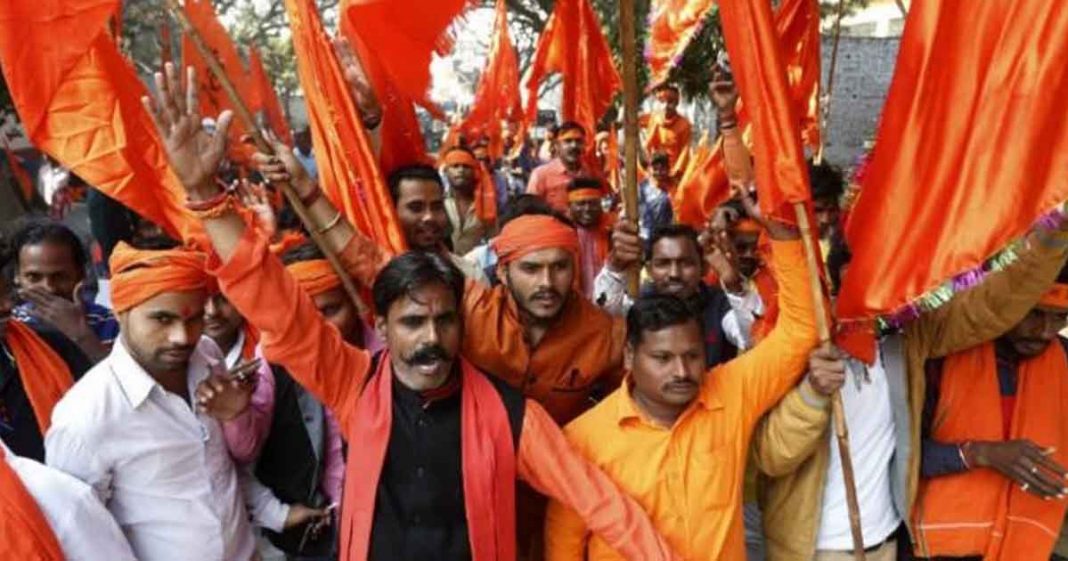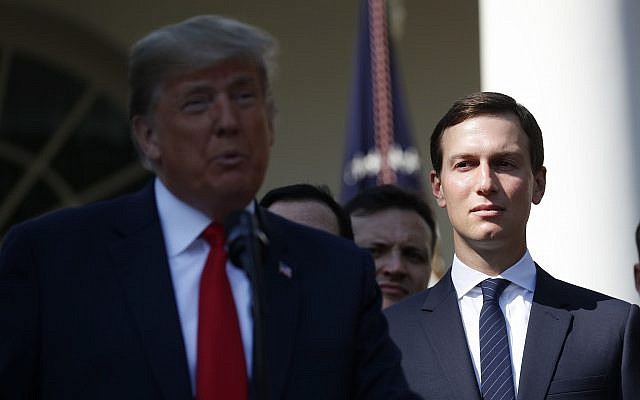India is home to some two hundred million Muslims, one of the world’s largest Muslim populations but a minority in the predominantly Hindu country. Ever since 1947, Muslims in India are experiencing systematic discrimination, disparity, bigotry, and violence. Initially, the Indian government did retain the “constitutional protections” for Muslims.
But present-day India is too far away from the concepts of rule of law and respect for Muslims either in mainland India or Kashmiris in Illegal Indian Occupied Jammu &Kashmir (IIOJK) territory. In fact, Indians are living in a utopian world where they called India the most secular and democratic country in the world. All these high claims have absolutely proved wrong in the current situation. The world is cautiously watching the controversial acts of the Modi government in particular against the Indian Muslims and Kashmiris.
Read more: How India inspires violence against Muslims
Understanding the matter better
Under Modi’s rule, hate speech and unruly violent acts have reached their extremes which have flashed protests and condemnations not only within the country but worldwide. Since Modi came to power in 2014 in the Hindu-majority nation of 1.4 billion, campaigners say persecution and hate speech have accelerated against religious minorities, especially India’s 200-million-strong Muslim minority.
Many experts around the globe are quite vocal about the rise of anti-Muslim sentiments under the leadership of Prime Minister Narendra Modi and the ruling Bharatiya Janata Party (BJP), which is pursuing a Hindu nationalist agenda since elected to power in 2014. An expert on Indian intercommunal conflict at Brown University U.S., Ashutosh Varshney said, “The longer Hindu nationalists are in power, the greater the change will be to Muslims’ status and the harder it will be to reverse such changes.” Furthermore, an Assistant Professor at Jawaharlal Nehru University in New Delhi Ghazala Jamil said, “During Modi’s first five-year term, there were continuous attacks on Muslim individuals, which kind of made the community feel under siege. The idea was that if you were a Muslim, you were liable to be attacked anywhere, anytime.”
The second victory of the Hindutva-led political party BJP in May 2019 unfolded a horrific era of human rights desecrations for Muslims. The BJP government introduced controversial policies, which are explicitly intended to marginalize millions of Muslims in the Hindu population.
On 5 August 2019, the Indian Government suddenly announced the revocation of Article 370 of the Constitution, which grandest while Indian Occupied Jammu & Kashmir considerable political autonomy. It was said that it was a long-overdue measure that would help to stabilize the situation by integrating the state fully into India. But the move only added fuel to the flames. The removal of article 370 led to unrest in IIOJK. The revocation led to the deployment of thousands of Indian troops, phone and internet services were shut down along with politicians were arrested. In fact, PM Modi and BJP had long opposed Article 370 and revoking it was in the party’s 2019 election manifesto. It has been rightly argued that the Indian Government wanted to change the demographic of the Muslim majority in the region by enabling non-Kashmiris to buy land in the state.
Read more: Muslim men tied to pole and flogged publicly by Indian police
The protection of religious minorities in India has been called into question a number of times. This includes when the Indian Parliament passed the Citizenship (Amendment) Act in December 2019. The Act amended the law to fast-track citizenship for religious minorities, specifically Hindus, Sikhs, Buddhists, Jains, Parsis and Christians, from Afghanistan, Bangladesh and Pakistan who entered India prior to 2015. However, the Act does not extend to Muslim minorities. Some Indian states have announced that they would not implement the law. However, the Government stated that states have a “constitutional duty” to do so. The Act led to widespread protests, with activists and human rights organizations, such as Amnesty International, criticizing the police and the Government for the response.
The UN Human Rights Office described the Citizenship Amendment Act as “fundamentally discriminatory.” Iran, Kuwait, and Qatar were among the Muslim-majority countries that lodged formal complaints against India in 2022 over public officials’ Islamaphobic remarks. The General Secretariat of the Organization of Islamic Cooperation (OIC) called on the international community, in particular, the UN mechanisms and the Human Rights Council’s special measures, to take necessary measures to challenge practices targeting Muslims in India.
India is identified by U.S. government agencies, the UN, and some nongovernmental organizations as the site of numerous human rights cases of abuse, many of them significant, some seen as perpetrated by agents of both state and federal governments. In 2021, the U.S. Commission on International Religious Freedom bipartisan, independent body, recommended, for the third year in a row that India be designated a ‘Country of Particular Concern (CPC), i.e., the category of governments performing most poorly on religious freedom criteria.
In March 2022, the U.N. High Commissioner for Human Rights Michelle Bachelet expressed concern about “recent statements and actions expressing hatred and violence against religious minority communities” in India, in particular two incidents in late 2021, when Hindu nationalist leaders “called for the murder of Muslims, in a context purporting to make India a Hindu nation.” She also decried “problematic” religious conversion bans that “may foster hatred or even violence.”
The role of the international community is quite questionable. India stands at the lowest ebb for Muslims’ Rights and the whole world is witnessing the dangerous situation, which is growing more and more intense with each passing day. It is quite ironic that the world is not playing any productive role in pressurizing the BJP government against the continuous suppression of the Muslim community by the fundamentalist Hindus. We are living in a most advanced and civilized time period of humanity where the basic human rights of every community should be equally respected. India is challenging the basic human rights of its Muslims, which should not only be condemned but stopped immediately. In the words of Nelson Mandela, “To deny people their human rights is to challenge their very humanity.”
The writer is a visiting Research Associate at Strategic Vision Institute, Islamabad. The views expressed in this article are the author’s own and do not necessarily reflect the editorial policy of Global Village Space.














